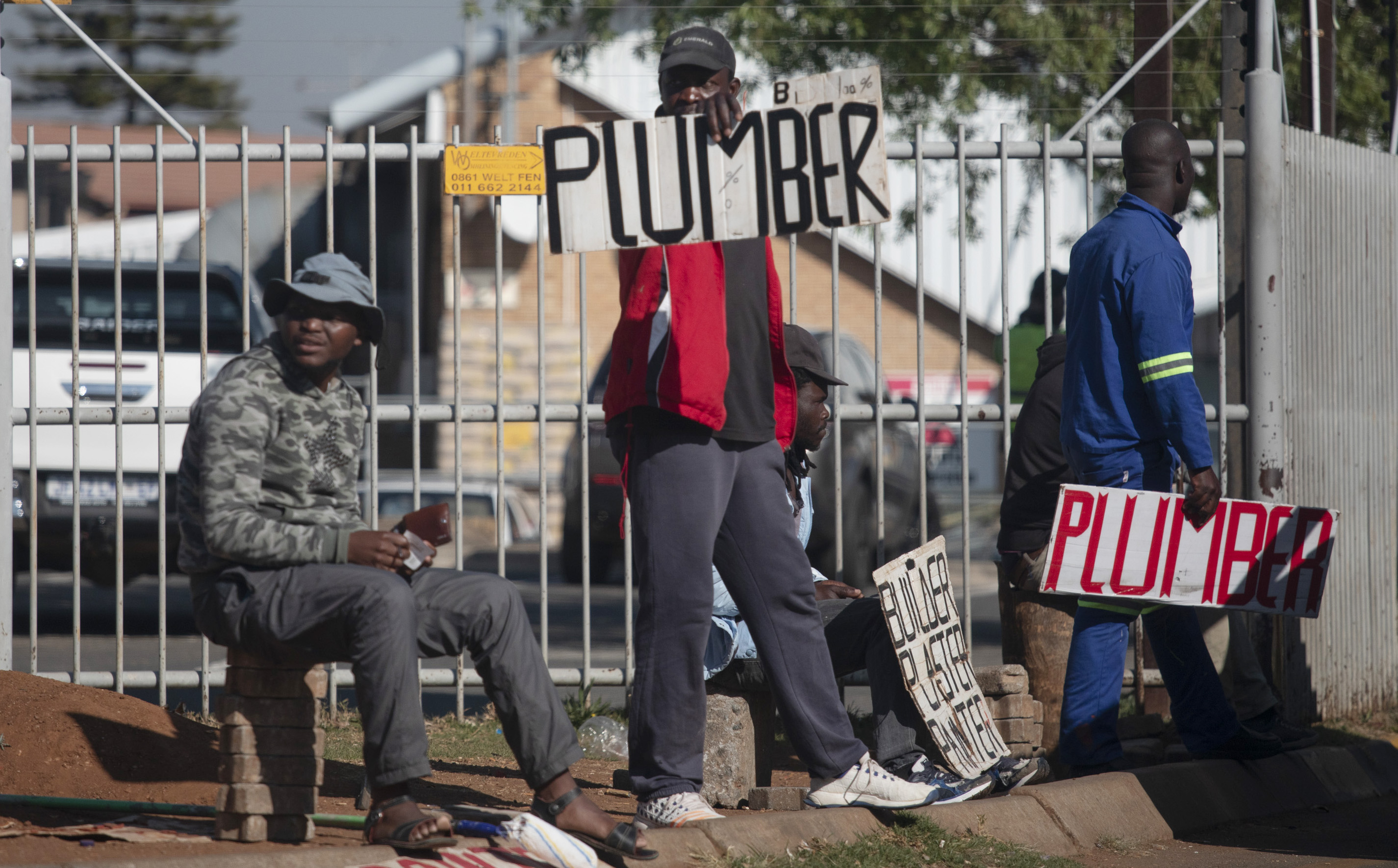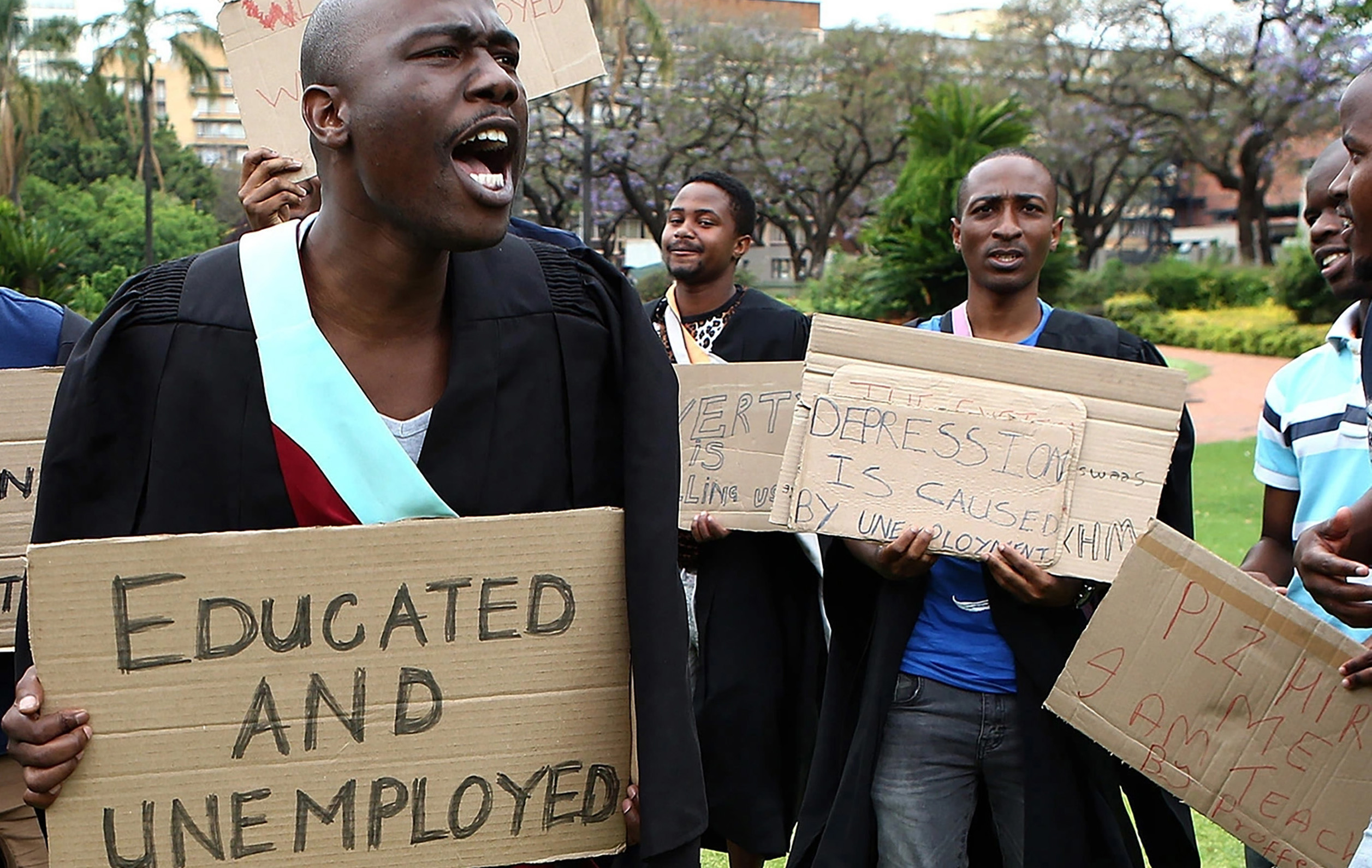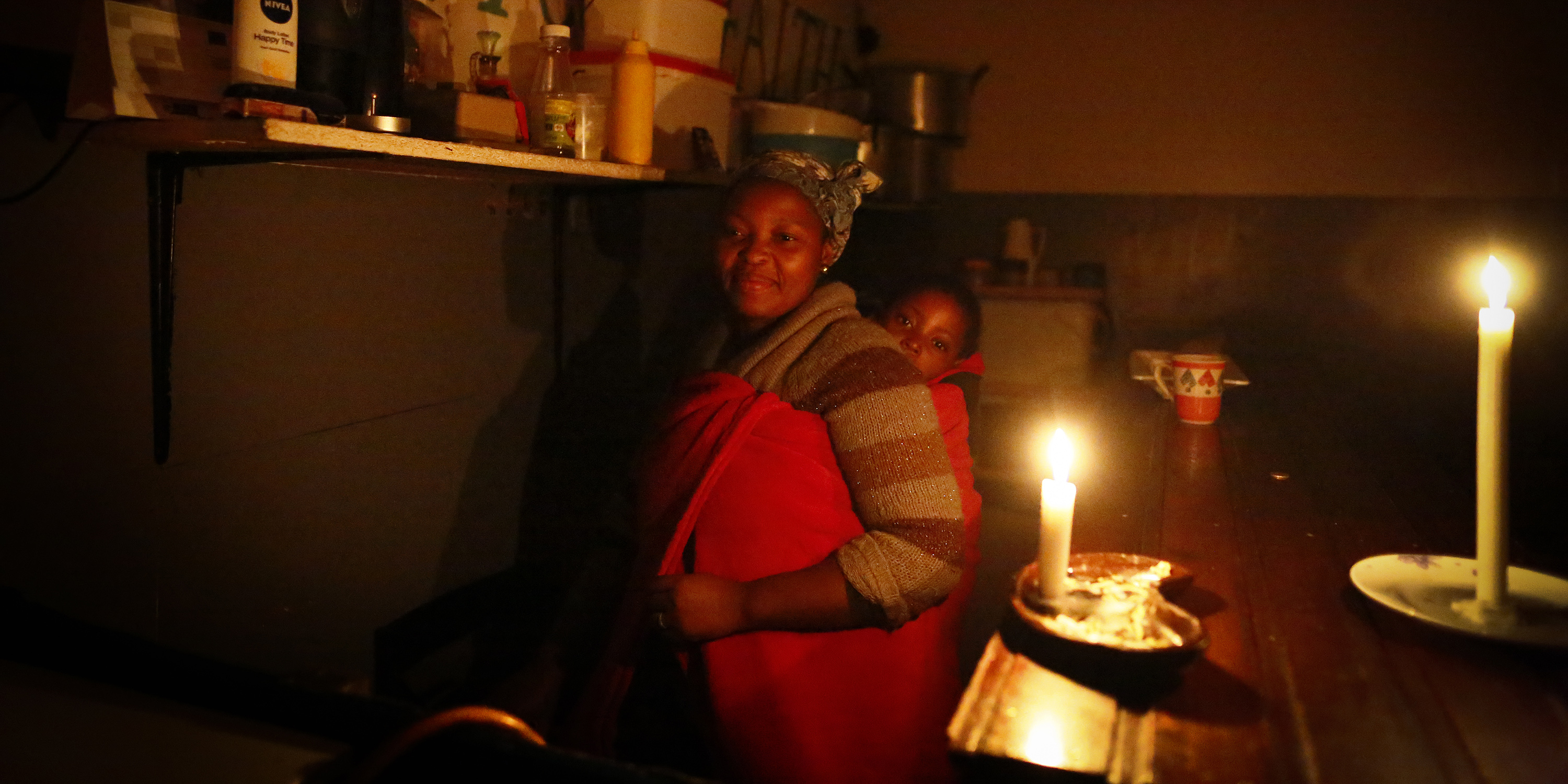As South Africa navigates a deepening economic downturn, we are witnessing already vulnerable populations’ circumstances worsen, with more and more people forced into states of financial distress and poverty.
In the aftermath of the Covid pandemic, we’ve been confronted with structural unemployment, a crippling energy crisis, nearly two years of consecutive interest rate hikes and the resulting unaffordable cost of living. Economic forecasts look grim, with no end in sight.
Historical data indicate that financial crises are significant threats to our mental health. Studies of the Great Depression, the Greek debt crisis and the 2008 global recession show that severe economic decline is often accompanied by adverse mental health outcomes such as depression, anxiety and suicide.
A recent survey in the United Kingdom found that 10% of adults feel hopeless about their financial future, and a third experience anxiety as a result of their financial situation.
Similar trends are observed in South Africa – the latest Mental State of the World Report found South Africa to have among the lowest mental health scores in the world.
The global average Mental Health Quotient – an aggregate metric of mental well-being – was 64; South Africa scored 47.
More concerningly, 36% of South Africans were found to be distressed or struggling with their mental health, with rising food and energy costs the second-leading cause for concern among South Africans.
 Unemployed men stand near a hardware store looking for work at a popular store in Johannesburg, South Africa, 10 August 2022. (Photo: EPA-EFE / KIM LUDBROOK)
Unemployed men stand near a hardware store looking for work at a popular store in Johannesburg, South Africa, 10 August 2022. (Photo: EPA-EFE / KIM LUDBROOK)
Over the past three decades, increasing research has found empirical support for the relationship between poverty and common mental disorders. Factors such as food insecurity, housing, socioeconomic status and financial stress are consistently and strongly associated with mental disorders.
The mechanisms of this relationship are often interpreted using the social causation hypothesis, which posits that experiencing financial hardship and related adverse outcomes (chronic stress, stigma, negative life events, poor physical health) either increase our risk for mental disorders or maintain mental ill-health.
In line with the social causation hypothesis, the current socioeconomic crisis may precipitate common mental disorders such as depression and anxiety.
Interventions focusing on individual mental health – through therapeutic or pharmacological approaches – are insufficient to alleviate our socioeconomic crisis. Conversely, efforts targeting poverty, such as social mobility initiatives and socioeconomic development, can be ineffective without integrating mental health into its programme design.
In this context, our colleagues have offered a conceptual framework to highlight the potential for many sectors of society to be engaged in mental health, using a society-wide approach to identify potential mechanisms and targets for interventions.
On a policy and governmental level, we need to prioritise mental healthcare provision in primary care settings. South Africans most severely affected by the socioeconomic crises are our most vulnerable groups, living in impoverished communities and relying on free health care.
Yet, mental healthcare provision in these settings is extremely limited, with very few resources and mental health practitioners in South Africa.
Although improving access to mental health care is a crucial and urgent priority, action to integrate mental health into primary care has been slow, and policy or governmental-level interventions won’t address the immediate mental health needs of South Africans most severely affected by our current economic climate.
So, how can we as individuals protect our mental health from South Africa’s socioeconomic chaos? We have little say over the price of petrol or when the interest rate will increase, but we do have control over how we respond to these stressors.
Psychologists have discovered that a person’s experience of stress is directly related to how confident they feel about dealing with a threat. The way we appraise or react to an event can have a more powerful impact on our stress level than the event itself. To manage the immediate stress associated with our economic downturn and cost of living crisis, we can practice adaptive coping.
 Unemployed graduates from KwaZulu-Natal and Pretoria gather at Burgers Park before marching to the Union Buildings in Pretoria to hand over a memorandum to officials demanding that the government find solutions to rising unemployment. (Photo: Gallo Images / Phill Magakoe)
Unemployed graduates from KwaZulu-Natal and Pretoria gather at Burgers Park before marching to the Union Buildings in Pretoria to hand over a memorandum to officials demanding that the government find solutions to rising unemployment. (Photo: Gallo Images / Phill Magakoe)
Adaptive coping involves a three-step coping framework:
The first step, primary appraisal, assesses how relevant the stressful event is to your well-being. The event will likely fall into one of three main categories: irrelevant, benign-positive or stressful. For some, the increased interest rate may be more stressful than for others.
If the event is deemed stressful, the second step, secondary appraisal, assesses your ability to cope with the event. This step often involves identifying which resources and support structures are available to you to aid in coping with the event. Crucially, during this step, you identify aspects of the event that are changeable (i.e. in your control) or unchangeable (i.e. out of your control).
The final step involves employing coping strategies based on the nature of the event. In general, there are two approaches to managing stressful situations: problem-focused and emotion-focused coping. Problem-focused strategies may include practical, action-based tools that allow you to manage a changeable situation.
For instance, conflict with a family member over finances is a changeable stressor that can be addressed using problem-focused adaptive coping. This might involve confronting the individual to set up an action plan – a series of collaborative tasks aimed at managing a stressor – in this case, the conflict caused by your financial stress.
Conversely, emotion-based strategies are used to manage unchangeable stressors, such as the Ukraine-Russia conflict and its effect on our economy.
As individuals, there are aspects of this conflict that we cannot change. Rather, your coping should focus on regulating your emotions or practicing self-care. The crucial component of this type of coping is to identify which emotions the stressor evokes in you and engage in adaptive behaviours that will help you manage these emotions.
For example, you may feel frustrated by the effects of the conflict on our economy – emotion-focused coping will emphasise addressing your feelings of frustration. To cope with the frustration, you could engage in self-care activities, such as practising a physiological sigh or engaging in brief physical exercise so that you feel less frustrated.
Some stressors in our lives can be addressed by combining these two coping strategies. For example, with another increase in the petrol price looming, you may feel anxious about its effect on your budget. Problem-focused coping may involve joining a lift club, choosing to use public transport or negotiating with your employer to work from home on certain days. Emotion-focused coping may involve seeking psychosocial support from friends and family to share the load of the stress.
By employing adaptive coping strategies, we can cultivate our emotional resilience. While large-scale change is still required on a societal level, we can address our immediate mental health needs and increase our confidence in our ability to cope with any financial stressors that are likely to arise from the cost-of-living crisis.
Be open to seeking help when you need it; your mental health is just as important as your physical health. DM
Dr Stephan Rabie is a research psychologist and senior research officer in the HIV Mental Health Research Unit at the University of Cape Town. Professor John Joska is Head of Clinical Services (psychiatry) at Groote Schuur Hospital and Director of the University of Cape Town HIV Mental Health Research Unit. Esona-Sethu Ndwandwa is a clinical psychologist in the HIV Mental Health Research Unit at the University of Cape Town.




 Unemployed graduates from KwaZulu-Natal and Pretoria gather at Burgers Park before marching to the Union Buildings in Pretoria to hand over a memorandum to officials demanding that the government find solutions to rising unemployment. (Photo: Gallo Images / Phill Magakoe)
Unemployed graduates from KwaZulu-Natal and Pretoria gather at Burgers Park before marching to the Union Buildings in Pretoria to hand over a memorandum to officials demanding that the government find solutions to rising unemployment. (Photo: Gallo Images / Phill Magakoe)